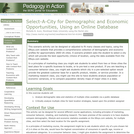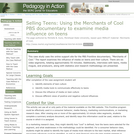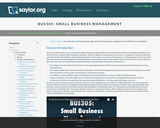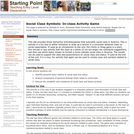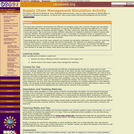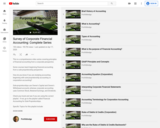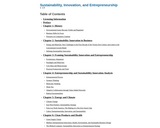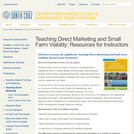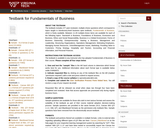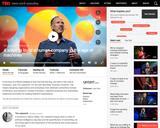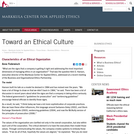The testbank includes 377 peer-reviewed, multiple-choice questions which correspond to topics taught in introductory-level business open textbook, "Fundamentals of Business." "Fundamentals of Business" is a freely available, openly licensed resource available at: http://hdl.handle.net/10919/84848 .
Between 11-29 multiple-choice items are available for each of the following topics: Teamwork in Business, Foundations of Business, Economics and Business, Ethics and Social Responsibility, Business in a Global Environment, Forms of Business Ownership, Entrepreneurship: Starting a Business, Management and Leadership, Structuring Organizations, Operations Management, Motivating Employees, Managing Human Resources, Union/Management Issues, Marketing: Providing Value to Customers, Pricing Strategy, Hospitality and Tourism, Accounting and Financial Information, and Personal Finances.
The testbank is available to any instructor who has adopted Fundamentals of Business in their course. Please complete the four steps listed at http://hdl.handle.net/10919/93404 to request access to the testbank.
1. View and test the "sample" files at http://hdl.handle.net/10919/93404 in the left hand column to determine which format works best for you. Additional information about each format type is available below under FORMATS.
2. Indicate requested files by clicking on any of the testbank files at http://hdl.handle.net/10919/93404 on the left (marked "permission required") add a note and press submit to request access.
3. Email a copy of the course syllabus to openeducation@vt.edu
4. Complete and submit the User Verification Process Form https://forms.gle/ueaihc96LgNrE9uf9. You will receive a copy of your request via email.
Requested files will be released via email when steps two through four have been completed and reviewed. Note that access approvals are processed only during regular business hours.
Please visit: http://hdl.handle.net/10919/93404 for Terms of Use, license information, and to view or report errata.
SAMPLE QUESTIONS
Sample questions are available for those who wish to test various formats and assess the suitability of the testbank as part of their course material adoption decision-making process. Sample questions are provided in the same formats (XLS, Canvas IMS QTI 1.1.3, XML QTI, and Blackboard formats) as the permission-only testbank files. Sample questions have been removed from the electronically secure testbank.
FORMATS
The testbank and portions thereof are available in multiple formats. Links to external sites regarding uploading different types of QTI files are here: Canvas | Blackboard or on the help pages for your respective learning management system by searching for "QTI". Files marked "IMS QTI 1.1.3" and have been tested to successfully import into Canvas but may work with other LMS/VLE systems. Please use the sample files to determine if one of the export formats will work for your specific situation. Please note that we are unable to provide additional file types, support for uploading, or assistance with reformatting files. Please contact your local learning management system (LMS) manager for additional support.
Distribution
The information in the testbank is of a proprietary nature, produced by or for faculty of public institutions of higher education as a result of collaborative study, research, and peer review. Because it is intended to be used in student assessment the information has not been publicly released or published.
If you become aware of public distribution of the testbank or portions thereof shared outside of a secure electronic environment, assessment context, or other security breach please inform us at: openeducation@vt.edu
LIABILITY
The testbank and testbank items are provided "as is." Users of this resource assume all risks and further agree to hold Virginia Tech, the Commonwealth of Virginia and their employees and agents, and project contributors harmless from any and all actions related to use of this program.
